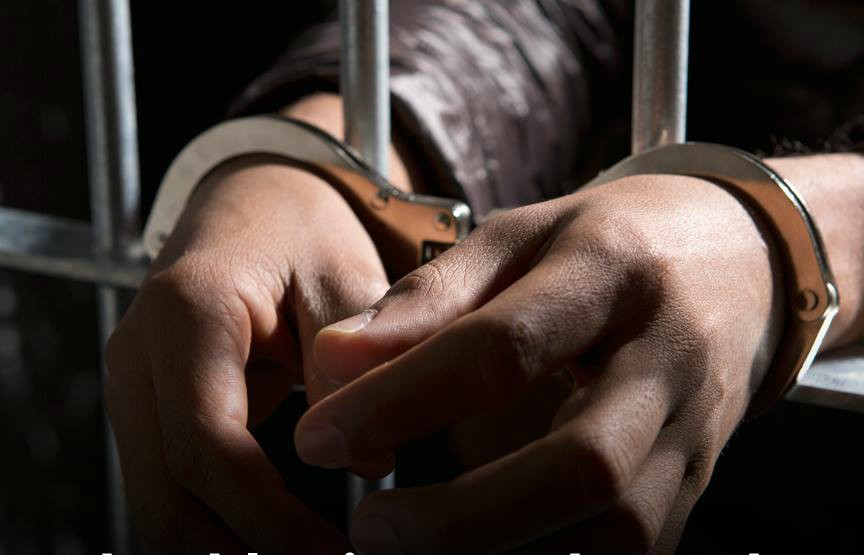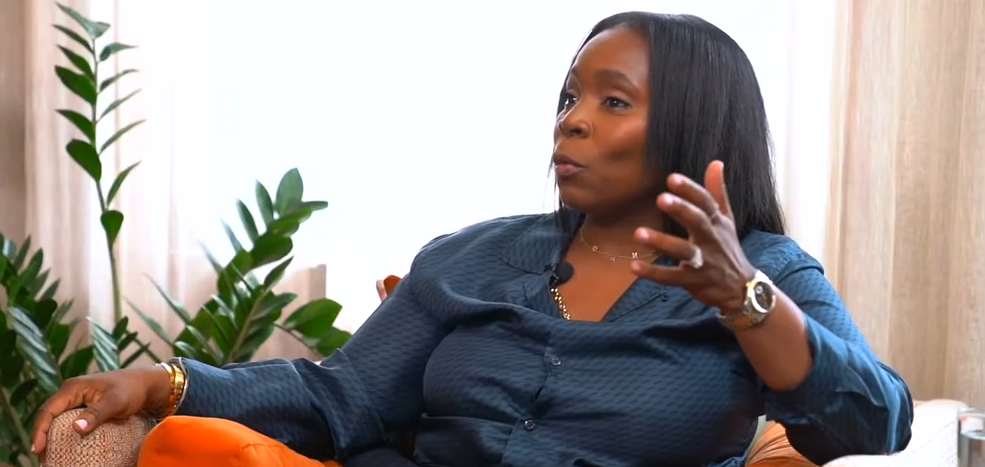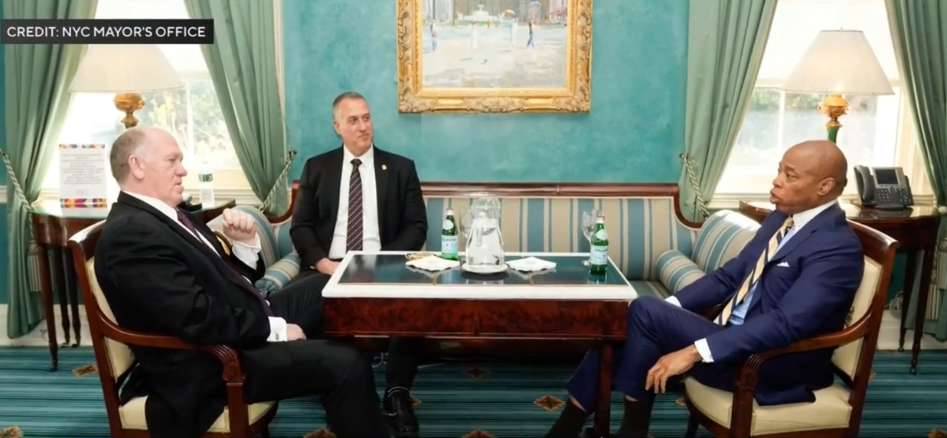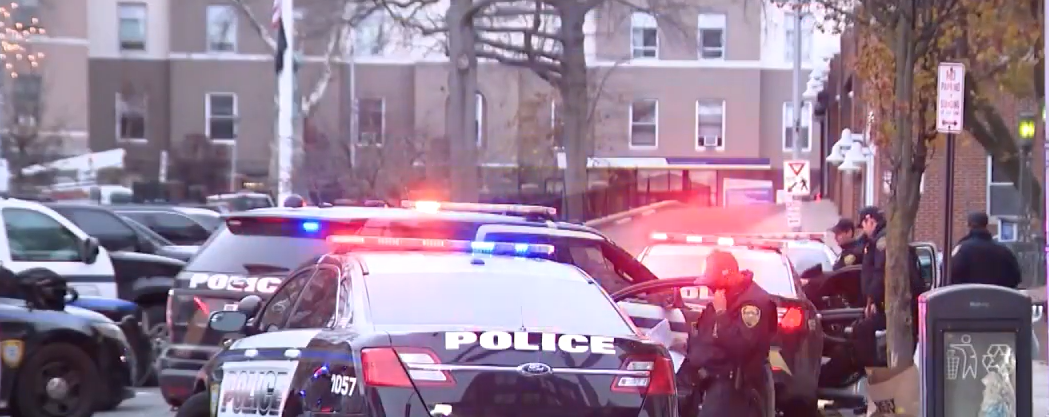[Criminal Justice]
“New Yorkers depend on local journalism to provide honest coverage of the issues impacting their communities. Local reporting, especially reporting on crime, shapes the public perception and discourse about the safety of the community and the fairness of the criminal legal system. When reporters publish stories that are misleading, or reinforce false narratives based on fear and prejudice, they all but ensure that our justice system will continue to criminalize and incarcerate poor people and people of color.”
Photo: Facebook
In a letter released today, 45 legal scholars and criminal justice experts from New York State and across the country addressed the New York Press Club and New York media outlets–like the New York Post–calling them out for misleading the public with cherry-picked coverage of the state’s new bail reform law, to the point that public opinion is turning against it.
The scholars point out that many local news outlets are spreading misinformation and playing on fear and prejudice to spur lawmakers and the community to rollback the new reforms. As the scholars write in their letter, “New Yorkers depend on local journalism to provide honest coverage of the issues impacting their communities…When reporters publish stories that are misleading… they all but ensure that our justice system will continue to criminalize and incarcerate poor people and people of color, destroying families and communities, without making us safe — all because people act out of unfounded fear.”
The signers implored news outlets to help New Yorkers respond to facts, rather than fear, pointing to studies showing that pretrial detention increases crime, while pretrial release can make the community safer while ensuring that people attend their court appearances. They also point to safeguards in the law such as judges’ power to order conditions to monitor individuals who may present flight risk concerns and keeping serious crimes, which are the small minority (10 percent) of the cases in New York’s criminal court system, bail-eligible.
“Law enforcement and the media have it backwards: New York’s bail reform package is a step in the right direction, not the wrong direction,” said Jocelyn Simonson, a signer of the letter and a Professor at Brooklyn Law School. “It gets us closer to a system that moves beyond the wealth-based punishment of case bail; and it gets us closer to a system that maintains the presumption of innocence. In short, they are on the wrong side of history.”
Outlets have ignored the many other cases where the law has worked exactly as intended – of individuals who have been released under the new law and gone home to their families without losing their homes or jobs, or those now able to get community-based treatment or care, rather than sitting in a jail cell. The signers implore news outlets to provide “honest coverage” and tell those stories, instead of furthering the “troublesome false narrative that the new bail reform law is putting our communities in danger.”
“Far too often, the politics of fear have shaped criminal justice policy in America, and produced a system that perpetuates injustice and racial inequality. By driving false narratives that have stoked mass incarceration and criminalization, the media misses the real story. Bail and pretrial detention criminalized poverty and made communities less safe. The reforms New York put in place were much needed measures aimed at advancing racial justice, addressing inequality, and improving public safety,” said Vincent Southerland, a signer of the letter and the Executive Director of the Center on Race, Inequality and the Law as well as a Professor at NYU School of Law.
The letter was sent to the New York Press Club, Governor Andrew Cuomo, Assembly Speaker Carl Heastie, Senate President Andrea Stewart-Cousins, Sean Giancola (CEO and Publisher, New York Post), David Friend (Senior Vice President, CBS-New York).
The full letter can be found below:
“Dear Members of the New York Press Club:
“We are criminal law experts at universities and colleges in New York and across the country. Among us, we have decades of experience with New York’s criminal courts. We write to raise our concerns about the onslaught of misleading and alarmist coverage of the new bail reform laws that took effect on January 1, after years of hard work by directly impacted people, grassroots organizations, advocates, legal researchers, and lawmakers.
“Studies have shown that overuse of pretrial detention has devastating costs to individuals as well as the community, and that reducing the number of people who are unnecessarily detained in jail pretrial improves public safety. Rather than providing accurate and objective context about the new law, some local news outlets, such as CBS-New York and the New York Post, have merely amplified the fear-mongering voices of police union officials, prosecutors, and politicians who have long opposed bail reform. Within days of the law taking effect, many local outlets began a barrage of cherry-picked stories designed to stoke panic and outrage with headlines like ‘Why New York criminals are celebrating the New Year.’ This divisive reporting furthers a troublesome false narrative that the new bail reform law is putting our communities in danger. It pushes New Yorkers to blindly reject the new bail reform law based on fear and bias, not facts. New Yorkers deserve better.
“New Yorkers depend on local journalism to provide honest coverage of the issues impacting their communities. Local reporting, especially reporting on crime, shapes the public perception and discourse about the safety of the community and the fairness of the criminal legal system. When reporters publish stories that are misleading, or reinforce false narratives based on fear and prejudice, they all but ensure that our justice system will continue to criminalize and incarcerate poor people and people of color, destroying families and communities, without making us safe — all because people act out of unfounded fear.
“One example is the story CBS-New York ran recently about an individual who was charged and released after allegedly spitting at a Port Authority officer. The headline initially read ‘Absolutely Ridiculous’ HIV-Positive Suspect Released By Judge After Attacking, Spitting In Port Authority Officer’s Mouth’ and their social media handle initially described it as an ‘HIV Attack’ (it has now changed its posts and headline, but did not retract the story). As advocates who protested this coverage made clear, HIV cannot be transmitted via saliva, but CBS irresponsibly spread this misinformation, encouraging stigma of people who live with HIV to instill fear of bail reform.
“The case of Tiffany Harris is another example of how local news has misleadingly sought to incite rage against the new bail reform. Ms. Harris, a young woman living with mental illness, was charged with misdemeanor assault for allegedly slapping several individuals and making anti-Semitic statements. Under the new law, Ms. Harris was released and able to receive mental health treatment instead of being detained at Rikers Island for inability to pay bond. The Post ran a series of articles with headlines like ‘Bail reform is setting suspects free after string of anti-Semitic attacks,’ attempting to tie her misdemeanor case to unrelated serious and high-profile anti-Semitic attacks, leaving readers to think that because of bail reform, people who violently attack Jewish communities are running rampant. Rather than offering objective and honest context, these articles weaponize fear to undermine the new bail reform. Recognizing this danger, Jewish legislators have spoken out, rejecting the narrative that bail reform encourages anti-Semitic violence in the community.
“There are countless important stories that are not being covered — of individuals who have been released under the new law and gone home to their families without the devastation of losing their jobs or housing. There are stories of individuals who are now able to get community-based treatment or care, rather than sitting in a jail cell. There are stories of individuals whose release under the new law has allowed them to maintain the vital roles that hold their families together and makes the community as a whole more safe. Those stories should be told.
“Contrary to Willie Horton-like claims that bail reform will make New York more dangerous, the evidence shows that an overreliance on pretrial detention makes us less safe. Pretrial release can effectively ensure that people return to court and positively impact community safety. Under the new law, judges can order monitoring of individuals if there are flight risk concerns. They also still have the ability to impose bond in serious cases: most violent felonies, sex-related charges, and certain domestic violence charges remain cash bail-eligible. However, those kinds of cases are actually a small minority — historically, only 10 percent — of the cases that come through New York’s criminal courts.
“The new bail law makes progress towards reducing economic and racial disparities in the criminal justice system. Under the old cash bail system, on any given day across New York State, roughly 14,000 unconvicted people sat in jail awaiting trial simply because they could not afford to pay for their freedom, not because their release posed a risk to the community. Those in jail pending trial are overwhelmingly poor and disproportionately people of color. Incarceration for even a few days, much less months or years, has devastating impacts on the individual, their family, and their community. Under the new law, fewer people will be forced to sit in jails because of an inability to afford an arbitrary fee. These steps are long overdue.
“The danger of fear-driven news coverage cannot be overstated. These reforms are a critical first step towards a fairer criminal legal system and a stronger and safer New York. Continued examination, discourse, and engaging different viewpoints are essential to making this system fair and just for all of us, not just our most privileged. But if we want a truly just system and a safer community, we must move forward using facts, not fear, to guide us. We ask that you reject this harmful reporting and meaningfully engage New Yorkers in this effort.”








